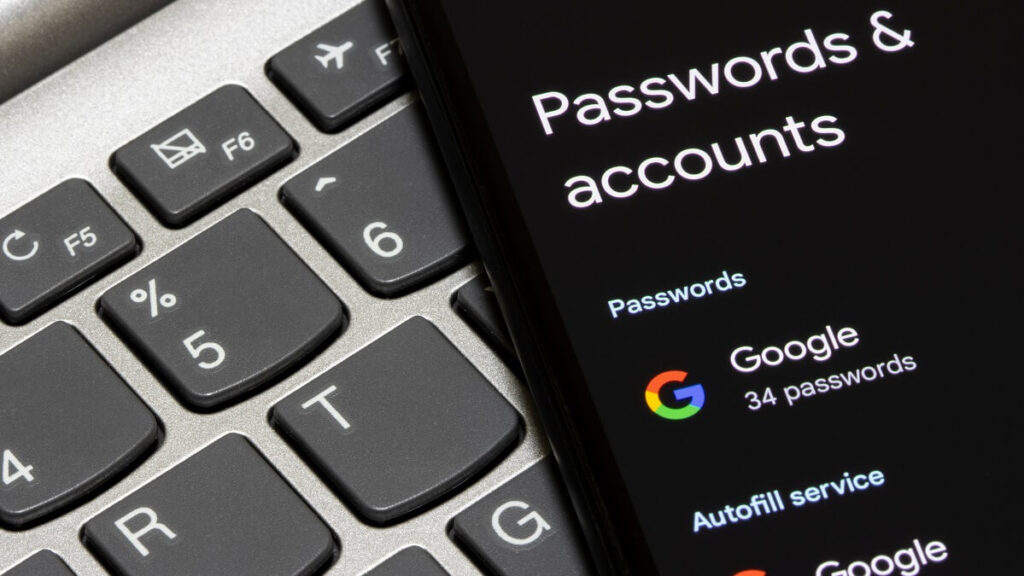Every day, we’re asked to enter multiple passwords. Whether it’s logging in to your computer, any of the innumerable apps on your phone or even just trying to turn on your smart appliance, it seems we need to remember a secret key for everything.
We’re told over and over again that having a single password for multiple accounts is unsafe, because if hackers crack that code, they can gain access to all your accounts at once.
So, it makes sense to have a different password for each account. But then there’s the ‘strength’ of your password. You need a combination of both upper- and lower-case letters, numbers and special characters such as the @ or $ symbols.
What this all means is that in order to keep your digital life secure, you need to have a series of complex and different passwords for every account. I’m not sure about anybody else, but I sometimes have trouble remembering to-do lists I wrote down this morning, so remembering all those passwords is a big ask.
Password managers are your friend
This is where a password manager can come in handy. A password manager is a piece of software or a web browser extension that can store all your passwords securely, so you don’t have to rely on your unreliable memory.
Some password managers even offer the ability to generate a complex, unique password to save you thinking up random strings of characters yourself. Password managers also use strong encryption methods to keep criminals out.
In addition, many password managers offer a variety of services that may include auto-filling information on forms; two- or multi-factor authentication; password syncing across multiple devices as well as automatically changing weak passwords.
But are they safe?
A password manager works similarly (albeit with more tech features) to simply writing down your passwords in a notebook. Most people could spot the security flaw in that method.
Like somebody discovering your book of passwords, what’s stopping somebody with the know-how from cracking open the password manager software to grab all the info inside?
The short answer is not much, if they’re skilled enough. But internet security firm Norton says strong data encryption means even if criminals get your passwords, they most likely won’t be able to access the passwords because the data will have been scrambled.
“Password managers can be hacked,” says Norton.
“But while cybercriminals may get ‘in’, it doesn’t mean they will get your vault password or other information. The information in your password manager is encrypted.
“Deciphering that encryption, which is usually industry-standard encryption like Advanced Encryption Standard (AES), is almost impossible.”
So, while a password manager may not be 100 per cent unbreakable, it is the safest option available for storing many complex passwords, unless of course you have a photographic memory.
A password manager certainly provides stronger security than writing them down in a book and is far more reliable than trying to remember them yourself.
Do you use a password manager? Do you find it easy to use? Let us know in the comments section below.
Also read: How screen reading apps can change your digital world

